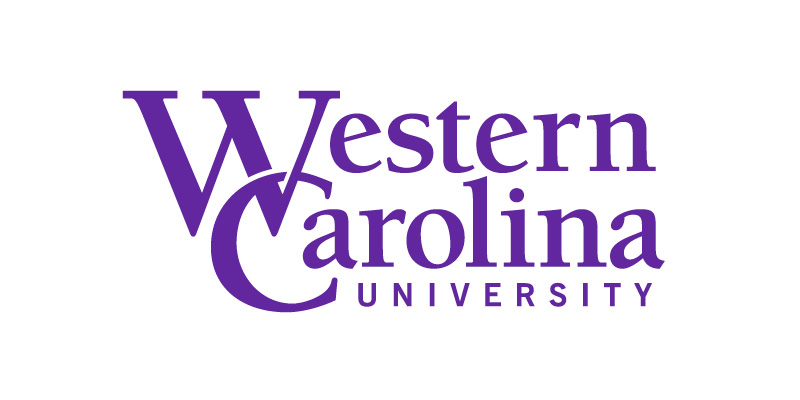By Andy Voelker, Technology Support Analyst, Instructional and Student Computing Department, and William Frady, Manager of Instructional and Student Computing
The Division of Information Technology is seeing a drastic increase in the number of computers compromised by virus and malware activity. Across the board, students, faculty and staff computers are being hit and compromised by this rogue activity.
Most of the time, if the computer is not evaluated and the virus or malware removed quickly, the computer becomes so infected that the computer is nonfunctional. As viruses and malware continue to spread across the world at an alarming rate, users need to exercise caution. A misplaced click, illegitimate download, security hole or an online scam can turn into a productivity nightmare often followed by personal and data security problems.
No single method or technology can effectively combat the issue. A proper defense includes:
- An antivirus or malware client on the individual computer.
- A remediation process to ensure personal security on the computer.
- A malware filter that cuts malware traffic out of the network.
- Education on how to use caution and recognize traps.
The IT division has implemented some of these defenses, but we are currently investigating more. We already provide Symantec Antivirus to all students, faculty and staff, and an antivirus update server to ensure fast updates delivery. We also provide education to students on safe computing and counseling to faculty and staff on a case by case basis.
Despite our best efforts, the virus problems remain and a new frontier is being opened. However, members of the IT networking and communications group and the IT Student Computing Team have been actively researching and negotiating products to help in the fight against virus and malware activity. This initiative is being led by Scott Swartzentruber, director of networking and communications.
Currently, one area of common ground between students, faculty and staff is the campus network. The majority of our clients are served on this network at one time or another. The products that IT is negotiating would sit between our campus network and the outside world and work to strip out malware traffic from either direction without affecting the remainder of Internet exchanges. The idea is that users will never notice fake antivirus advertisements or receive viral files and all other traffic will go untouched. These tools are currently under negotiation, but we hope to have a solution purchased and implemented before the start of the fall 2010 semester. Until these tools are in place, IT strongly urges computer users to practice safe computing.
For more information on safe computing, follow this link:
http://wiki2.wcu.edu/groups/sc/weblog/3c4cc/WCU_Tech_ep20_-_Safe_Computing_Presentation.html.
